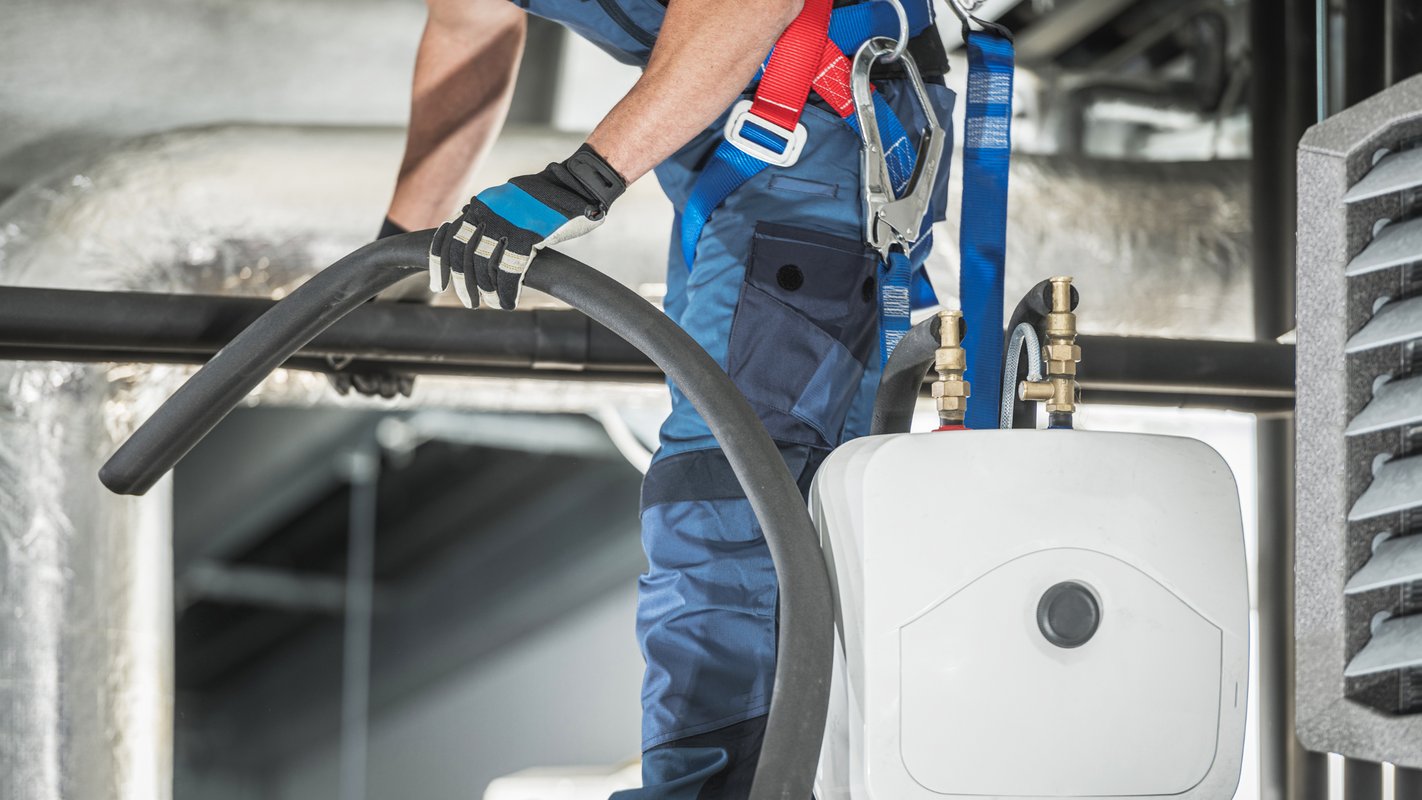How to Become a HVAC Technician in Michigan

What is a HVAC Technician?
HVAC technicians are responsible for the installation, maintenance, and repair of heating, ventilation, air conditioning, and refrigeration systems. Their duties include diagnosing issues, replacing or repairing components, and ensuring the systems are functioning efficiently.
How Do I Get My HVAC Technician Certification?
To become certified as a HVAC technician, you will need to pass an exam administered by organizations such as the North American Technician Excellence (NATE) or the Environmental Protection Agency (EPA). These certifications demonstrate your knowledge and skills in the field.
How Do I Get a Job as a HVAC Technician?
After completing your training and obtaining the necessary certifications, you can start applying for HVAC technician positions. Many employers in the field look for candidates with hands-on experience, so consider internships or apprenticeships to gain practical skills.
Career Paths and Opportunities after Becoming a HVAC Technician
With experience and additional training, HVAC technicians can progress into roles such as lead technician, service manager, or even start their own HVAC contracting business. The demand for qualified HVAC technicians is expected to remain strong in the coming years.
Final Thoughts
Becoming a HVAC technician in Michigan can be a rewarding career path, with the potential for job security, career advancement, and a good income. By completing the necessary training and certifications, you can position yourself for success in this in-demand field.
Looking for a better fit? These other articles could be more in line with your expectations if this one isn't precisely what you had in mind:

Athena is Co-founder and CEO of Dreambound.



